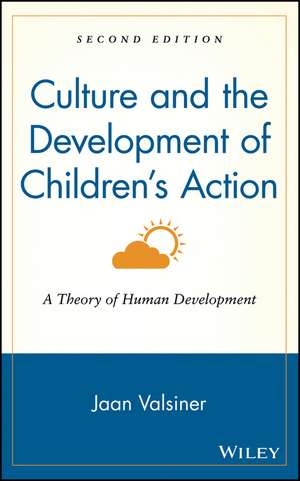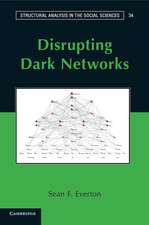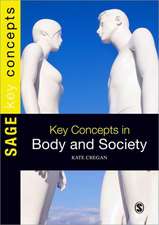Culture and the Development of Children′s Action: A Theory of Human Development 2e
Autor J Valsineren Limba Engleză Hardback – iul 1997
In later chapters the focus shifts from development in the abstract to the everyday challenges encountered by the developing child. Case histories illustrate the subtle interplay of cultural, physiological, and psychological factors in shaping childhood behavior.
Called an "intellectual tour de force" by the Bulletin of the Menninger Clinic, Culture and the Development of Children's Action is important reading for developmental psychologists, child psychologists, and all child clinicians.
"Of course, no science progresses in a linear fashion. It moves interdependently with the society in which it is embedded, making use of the narrative forms in describing itself to its insiders and outsiders. The rhetoric of scientists about their science is therefore necessarily inconsistent. Sciences are both social institutions within a society and social organizations that attempt to build universal knowledge. It is a complicated task for psychology to be both knowledge-constructing and self-reflexive at the same time. Nevertheless, it is the latter kind of reflexivity that guides the actual construction of knowledge." -- Jaan Valsiner
"[This book] is a fascinating and important work that challenges much of contemporary developmental psychology. The Second Edition has changed in a number of respects, and much new material has been added, but at root, Valsiner grapples with the question 'how shall we understand development?' He continues to struggle also with what he describes rather vividly as the 'epistemological windmills of psychology.' His challenge is summed up succinctly in two lines from a poem by T. S. Eliot:
- Where is the wisdom we have lost in knowledge?
- Where is the knowledge we have lost in information?" -- -- from the Foreword by Kevin Connolly
Preț: 577.85 lei
Preț vechi: 750.46 lei
-23% Nou
Puncte Express: 867
Preț estimativ în valută:
110.60€ • 113.98$ • 93.37£
110.60€ • 113.98$ • 93.37£
Carte tipărită la comandă
Livrare economică 03-17 martie
Preluare comenzi: 021 569.72.76
Specificații
ISBN-13: 9780471135906
ISBN-10: 0471135909
Pagini: 384
Dimensiuni: 152 x 229 x 24 mm
Greutate: 0.7 kg
Ediția:2nd Edition
Editura: Wiley
Locul publicării:Hoboken, United States
ISBN-10: 0471135909
Pagini: 384
Dimensiuni: 152 x 229 x 24 mm
Greutate: 0.7 kg
Ediția:2nd Edition
Editura: Wiley
Locul publicării:Hoboken, United States
Public țintă
Developmental psychologists, Child Psychologists, Child Clinicians, Potential as a text in Child Development, Good library potential, Cultural Anthropologists, Sociologists, Cultural Historians.Notă biografică
JAAN VALSINER, PhD, is Professor of Psychology at the University of North Carolina, Chapel Hill.
Descriere
This book offers a dynamic new cultural-historical approach to developmental psychology based on the subtle interplay of personal, cultural, physiological, and psychological factors in a child's development.













